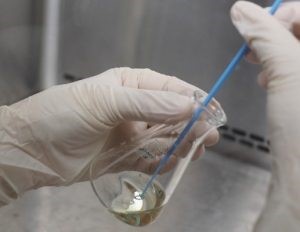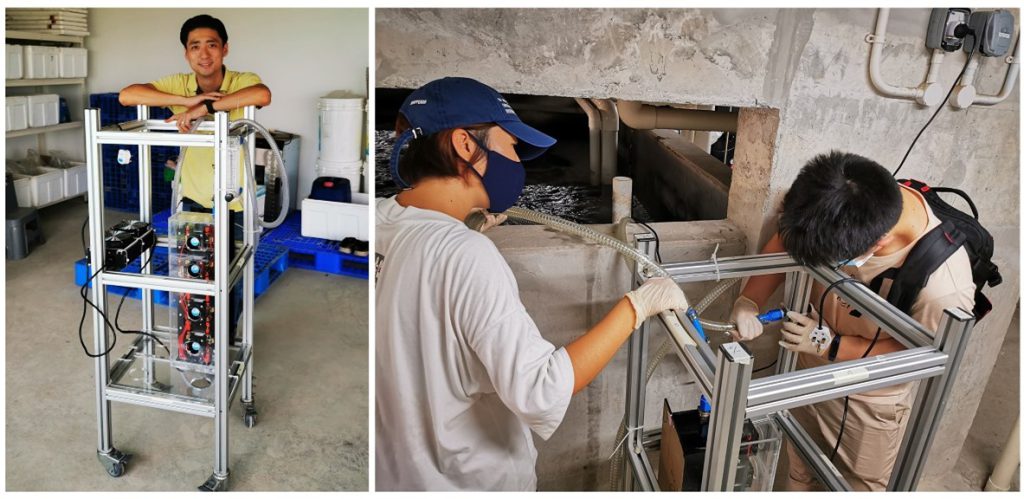A Novel Disinfection Technology for Antimicrobial Resistance Control in Water
By Professor Hu Jiangyong Director, Centre for Water Research Deputy Director, NUS Environmental Research Institute Antimicrobial resistance (AMR) poses a significant threat to public health. Resistance occurs when bacteria, fungi, viruses and parasites undergo genetic changes that protect them from the effects of antimicrobial agents. For example, proteins targeted by antimicrobial agents may undergo changes
A Novel Disinfection Technology for Antimicrobial Resistance Control in Water Read More »











